Are You Suffering From HOCD?
HOCD stands for homosexual obsessive compulsive disorder. It's a form of OCD, or an anxiety disorder, where you begin to obsess over your sexual orientation. Your once solid grip on your sexuality is somehow weakened and you begin to stress over every small thought that deviates from the norm.
Though it is called Homosexual OCD, or colloquially Gay OCD, it is not an affliction just on homosexuals. Anyone who has historically had a solid stance on their sexuality, whether it's as a straight person or a gay person can have HOCD. In fact no matter where you fall on the sexuality spectrum, you can develop HOCD. So what does that mean for you?
So What Is OCD?
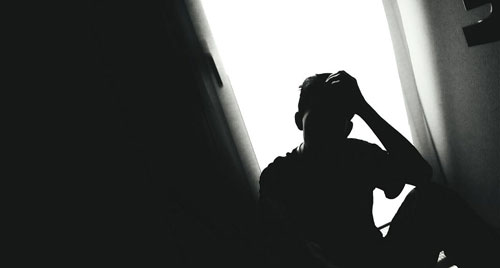
Obsessive compulsive disorder(OCD) is an anxiety disorder which causes a person to start displaying traits of compulsive obsessions. These habits or thoughts this person might experience are not under their control; that is why it is called a compulsion. They feel compelled, or forced, to follow those habits.
OCD comes in a variety of forms, HOCD being a subcategory of one of them. It falls under the category of primarily obsessional. All that means is that whoever is afflicted begins to obsess over one certain theme. It typically revolves around one central question.
This question makes the person so anxious because they can't let go of it. This question usually involves the fear that they may do something uncharacteristic and if they can trust themselves to remain in control. According to the Mayo Clinic, some common examples of these can include:
-Fear of touching tainted or dirty objects -Intrusive and unwanted thoughts of doing something against your beliefs uncontrollably -Avoidance of situations or interactions relating to your obsession
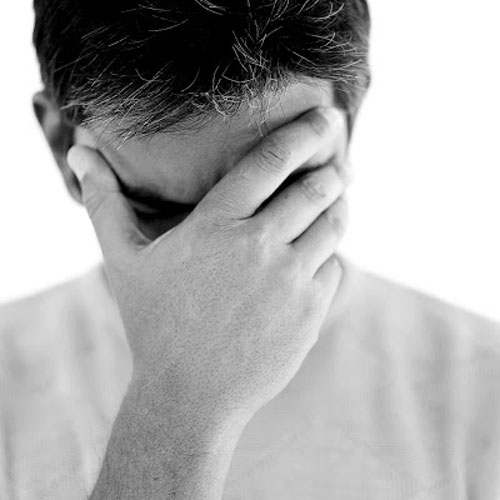
What Is HOCD?
HOCD itself has little to do with a person's sexual orientation, but more to do with the anxiety surrounding their sexual orientation. It can start as a simply as a single doubt. However, this shouldn't be confused with questioning your sexuality. Questioning is often a healthy part of discovering and affirming your own sexuality. It is a time of self-discovery and social awareness.
Herein lays the truth about HOCD. To have HOCD, one must start off consistent and firm in their own sexuality, whether it be as homosexual or heterosexual. This is where your sexuality truly lies. If you are experiencing HOCD, it means that it is an irrational fear, not one seated within reason.
If I Am Gay, How Can I Have HOCD?
It can be hard to tell whether your fear is anchored within self-awareness or irrationality while you are experiencing it. So what are the kinds of signs you can look for in order to evaluate yourself?
You'll need to take some time to really focus on yourself. Though you are experiencing anxiety and feeling that can be very stressful, you need to understand your feelings and where they come from. There are plenty of things to explore in order to start answering your own question.
First, look at your history. Look at the differences between how you felt towards the same gender and the opposite gender. This can still leave you feeling confused if as a child you were ambivalent towards either gender. If that doesn't work, explore what thoughts of being gay evoke inside you.
Or you could go online. Look up pictures and videos of what you're worried you may secretly desire. When you look at them, what do you feel? It does not just have to be of someone in a sexual position, is there any romantic attraction?
If when you look inside yourself, you feel longing, desire, passion, or arousal, you are very likely to actually be gay. Yet, if when you are considering performing queer acts or being queer you only feel as if you are violating some fundamental law within yourself, or you feel disgusted or uneasy, your anxiety may really be unfounded.
Some compulsions that are common for those who are living with HOCD can include avoiding and isolating yourself from members of the same gender. You may find yourself hiding from other men if you're constantly afraid that you might give in to some latent homosexual desires.
Gay people who live with OCD tend not to have obsessions over their sexual orientation, unless it is in the opposite of HOCD. If you have OCD and your sexual orientation becomes the center of your obsession, it could be a sign that you are just suffering from HOCD.
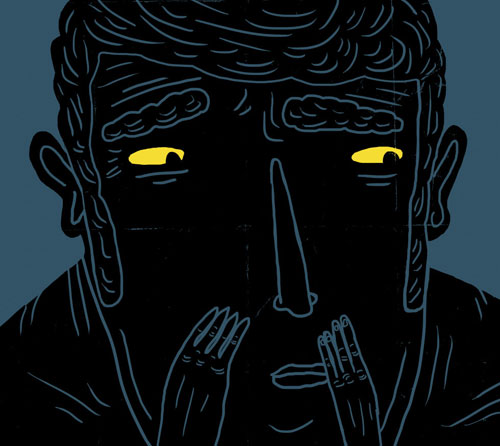
Why Does It Happen?
There are a lot of theories surrounding what causes HOCD but very little is actually proven. HOCD can stem from neurological issues, genetics, or it could just be psychological. Often it is a combination of these things. Those who are likely to experience anxiety disorders are more likely to experience HOCD.
This disorder usually coincides with other OCD types. It is rooted in the insecurity in one's identity. Anxiety is a difficult mental illness that makes you question your own fundamental truths. It makes sense that when you're afraid that you never knew who you were, that you would be afraid that you believed you were gay when you weren't, or that you aren't when you are.
What Does It Look Like?
HOCD can present in any number of ways. Sometimes it is the result of a wandering thought. Some people have never experienced any curious thoughts or fantasies up into adulthood, so when it happens for the first time, it can be a very shocking experience. If they have lived believing that sexuality exists on a binary and it was always either one or the other, to them this could mark a signal of a secret identity.
Sometimes a person might try to find some hidden reason they have difficulties in their relationships. Because mental illness can alter the perceptions of memories, this person can start to question whether or not they were actually attracted to their partners. Whether or not their previous relationships were legitimate or not, this person will analyze their past relationships and current behavior until they can't remember for sure anymore. This anxiety will make them question every thought and every impulse.
Other times someone suffers from HOCD because they were bullied for a long time for appearing or seeming gay. They internalize these messages that they kept receiving and start to believe them. This has little to do with actual attraction or arousal, but more to do with feeling as though everyone knows something about you that you don't.
For someone with HOCD, if they experienced any kind of experimentation in their youth, they may start to believe that there may have been more behind the experiment than just mere curiosity. Children, teenagers and young adults often experiment with and test their identities before settling back into their sexuality. But if you suffer anxious thoughts and compulsions, it can be another flag. Looking back into their past, they may start looking at those encounters as secret visions into their true selves.
The body's natural responses can often be misinterpreted by someone with HOCD. Genitalia don't always respond to what our brains find attractive, but sometimes they respond to physical and visual stimulants that are in any way sexual. This means that sometimes you might become physically aroused when looking at sexual material, but that doesn't mean you're attracted to it.
The major theme overall, is that no matter what the truth might be, if you're living with HOCD, you can always find a way to question past or present behavior and thoughts. This is not just some of the time, but always. This is a condition that can really disrupt your life.
But What If I Really Am Gay?
If you've gotten this far and still think you might just be gay, then that's totally great. There's never a wrong time to get to know a part of you. This would be a good time to start getting to know this part of yourself and what it means to be gay to you.
This should be a time of positivity and affirmation. If this realization makes you feel uncomfortable in your body, or has you dreading future relationships or experiences, it could be a sign that you are in the same mental loop as those with HOCD.
Even if there are feelings of shame, the thoughts about your sexuality should still be arousing and stimulating.
And If It Is HOCD? What Can I Do?
There isn't a definitive gay test you can take, but you can always give yourself a self-evaluation. If you're still feeling a lot of disgust and discomfort because of the anxiety about your sexual orientation, you probably don't feel very good about yourself. If you're looking for some kind of treatment, the best thing to do is to approach a doctor and explain you want to go through some counselling.
One method of therapy is Cognitive Behavioral Therapy or CBT. This technique is used to train your brain to create different thought patterns and to instil positive habits. Specifically for HOCD, they would focus on training you to catch yourself when you are starting to enter a mental feedback loop of self-analysis. Once you can catch yourself entering that phase, you can work on stopping yourself or changing the direction of the thought process.
HOCD is a very real struggle that a lot of people face silently. If you feel as though you are losing your life to a constant inner struggle with your sexual identity, take yourself seriously. Do not keep this struggle to yourself. Find someone to talk or find a forum to support yourself. There are plenty of people you can reach out to. Even having gay friends who can share their experiences can help, so that you might be able to figure out if they relate to you.
Do not isolate yourself. Don't avoid men or especially gay men. If you are really gay, then isolating yourself will only keep you confused. There's no shame in experimenting and going on a date and seeing where these situations do lead. If at the end of the night you still have feelings of discomfort or disgust at possibly being gay, then you have your answer. Even in late adulthood, with the availability of the internet and websites like Manplay.com, you can test those feelings and see whether they have any merit.
So why not use the resources available to you and try to give yourself your own gay test?
You can also find help looking for some local resources if you go to your local OCD clinic. You can find directories for OCD clinics in the United States HERE and in Canada and the US HERE. At this directory, you can also find clinics in these countries:
-Australia
-Canada
-China
-Estonia
-Israel
-Italy
-South Africa
-Sweden
-United Kingdom

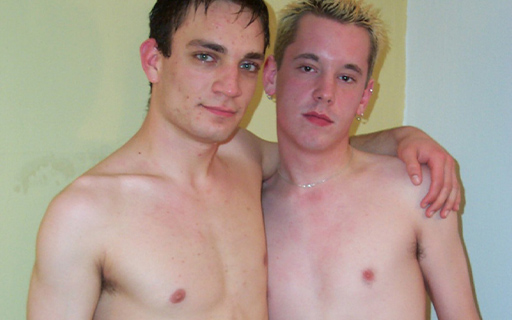
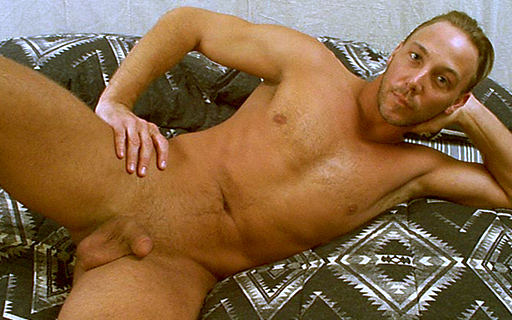


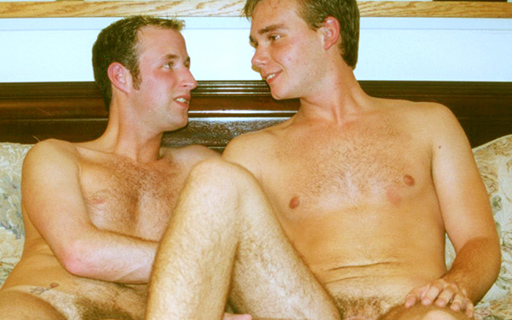



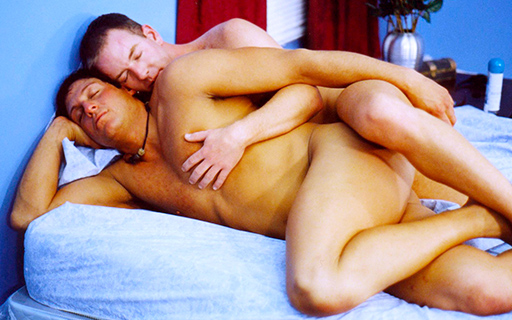


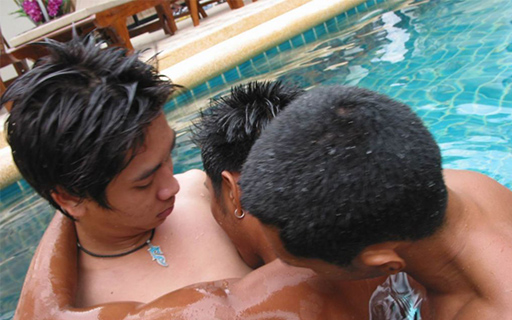





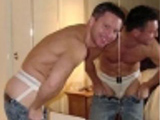







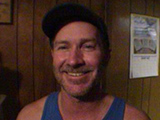

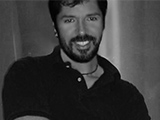


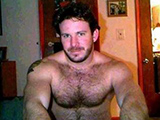












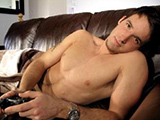


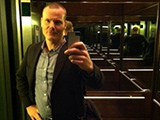
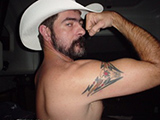


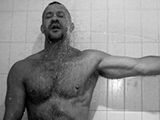


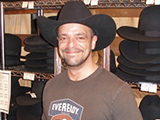


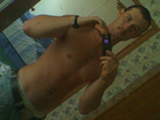

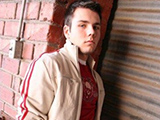







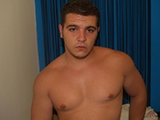


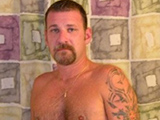

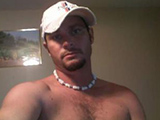
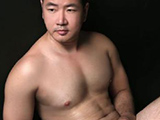
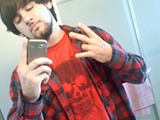
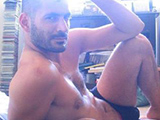
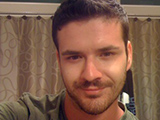
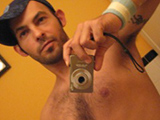

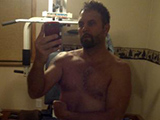


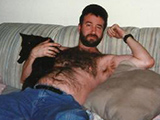

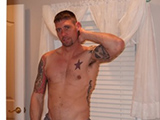
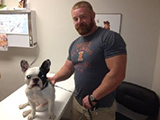
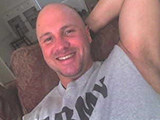

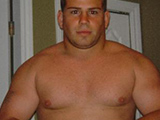
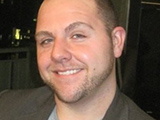
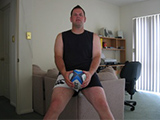
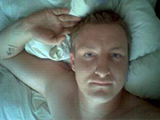

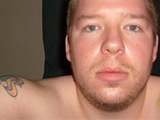






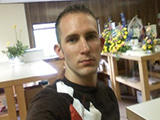





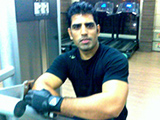

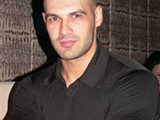



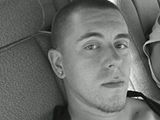



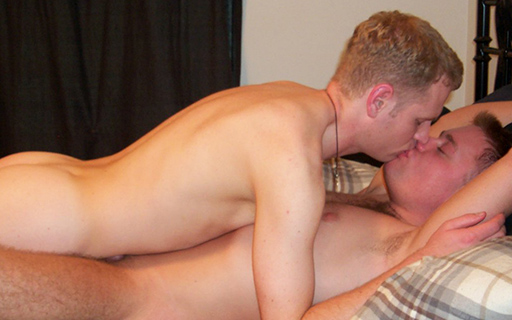


Comments